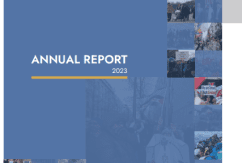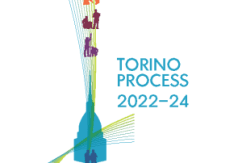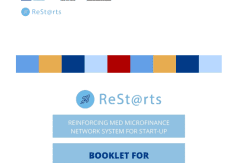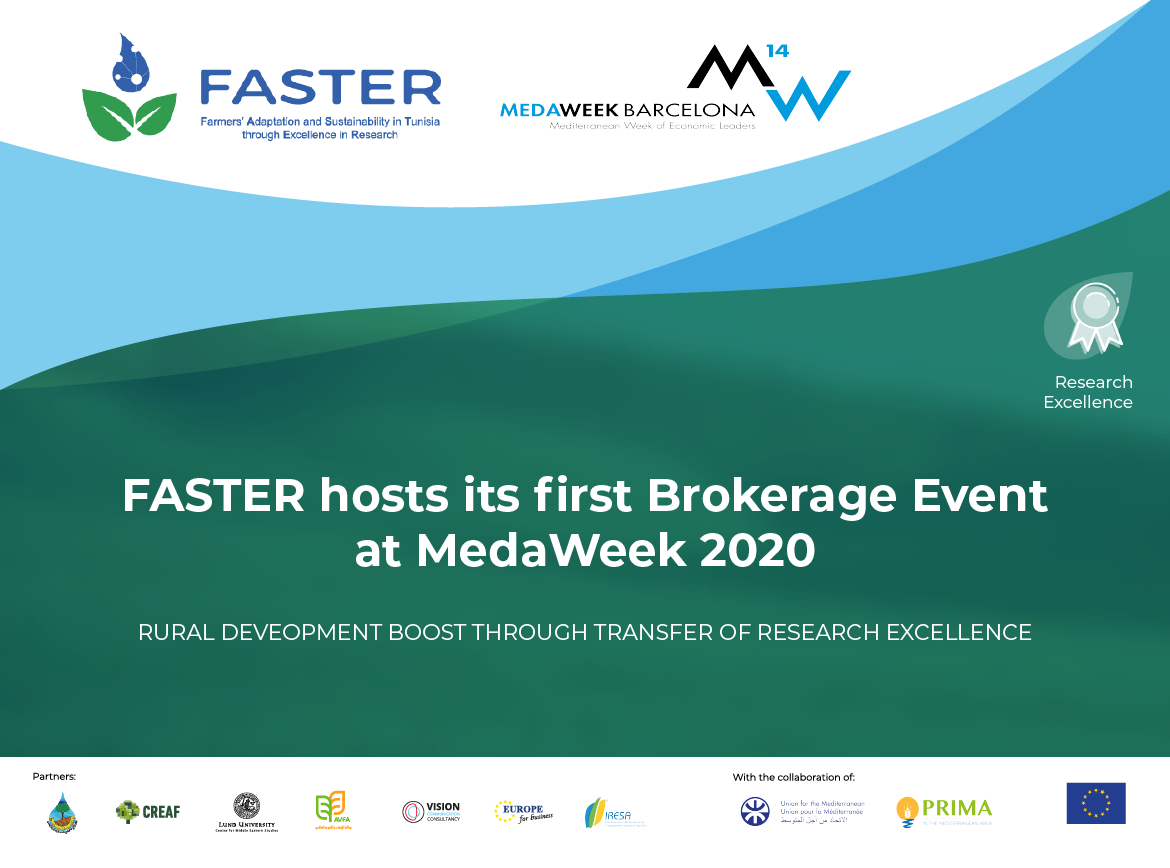Beyond 2020: what is next for cross-border cooperation in the long-term EU budget?

The European Commission presented in early May a long-term EU budget for the 2021-2027 period of €1,279 billion, also referred to as Multiannual Financial Framework (or ‘MFF’). The MMF translates the Union’s political priorities into financial terms and sets annual maximum amounts (‘ceilings’) for EU expenditure as a whole and for the main categories/priorities of expenditure (‘headings’).
The document also reveals how the EU intends to work with its neighbouring countries, the potential financial resources earmarked for external action and the prospects for cross-border cooperation.
The proposal of the European Commission foresees a major restructuring of the way the EU works outside its borders by merging 12 existing different instruments – including the European Neighbourhood Instrument, the Development Cooperation Instrument, the European Instrument for Democracy and Human Rights – into one single “Neighbourhood, Development and International Cooperation Instrument” (including external aspects of migration) with worldwide coverage.
The proposed new approach for EU’s external action is structured in the 3 following pillars:
• The geographic pillar, core of the Neighbourhood, Development and International Cooperation Instrument, will consist of “ring-fenced” budget allocations per geographical region, in particular the European Neighbourhood, Africa and the Western Balkans. A prominent window will be ensured to the Neighbourhood which continues to encompass cross-border cooperation as specific feature.
• The thematic pillar will focus on specific issues that are global by nature – security, migration, climate change, and human rights – and therefore cannot be included in geographical envelopes.
• The rapid-response pillar for crisis management, conflict prevention and resilience building.
In addition, a flexibility cushion will be created through an unallocated budget reserve to address existing or emerging urgent priorities such as migratory pressures, stability and security needs and unforeseen events.
The financial envelope proposed by the European Commission for the Neighbourhood, Development and International Cooperation Instrument amounts to €89.5 billion, corresponding to 1.3 time the budget allocated under the current programming period (2014-2020).
Based on its proposal of 2 May 2018, the European Commission is currently working on detailed proposals for the future sector-specific financial programmes. As per the calendar of the Commission, a proposal concerning the Neighborhood, Development and International Cooperation Instrument, which includes cross-border cooperation, should be made available by 14 June.
Read more




































